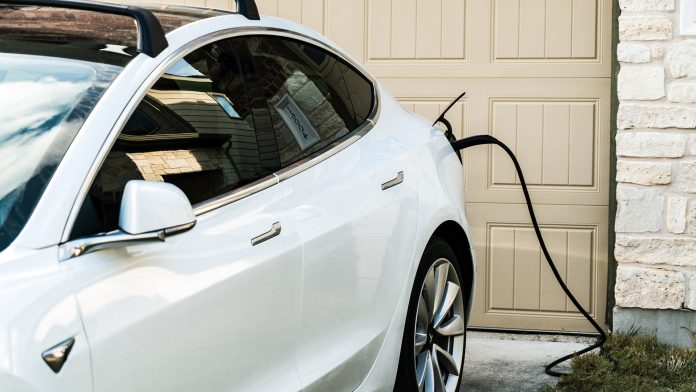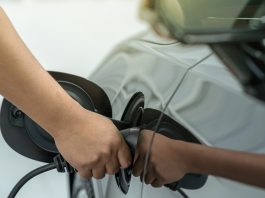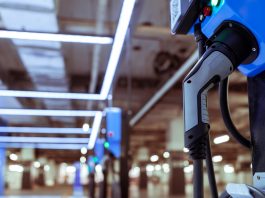University of South Australia researchers have unveiled that using solar panels can help reduce the costs of EV charging.
Electric vehicles (EVs) are central to the transition to clean energy, being key to the world’s decarbonisation efforts. As global EV sales soar, potential buyers need to be reassured about the logistics and expense of charging the cars. Researchers from the University of South Australia (UniSA) have discovered that households with solar panels and batteries have an advantage when it comes to saving money on EVs. It has been calculated that EV owners can reduce annual electricity costs by nearly 40% if households are not fully reliant on the grid.
The paper, published in Renewable Energy, addresses EV owners’ concerns about charging costs, a major barrier to EV uptake.
The growing importance of EVs
As EV uptake rapidly increases, it is estimated that by 2030, there will be 145 million EVs on the road, a stark contrast to the 11 million today. Global EV sales have continued to rise in 2022 after a record-breaking year, but efforts to remove the barriers facing EV uptake are needed to ensure future growth.
Professor Mahfuz Aziz of UniSA, stated: “Electric vehicles will become an important component of household energy consumption globally under plans to replace petrol-fuelled cars within the next decade.
“For motorists with private car spaces, home charging is the most convenient option, but for those still totally reliant on the electricity grid for their energy, the costs could mount significantly.”
Aziz and colleagues are therefore looking to reduce the charging costs, one of the main obstacles preventing EV uptake.

Solar panels act as a solution
Households are encouraged to ‘go green’ due to record-low prices for rooftop photovoltaic (PV) systems and declining battery costs. However, consumers must factor in multiple variables.
The researchers used data from South Australia, where over 40% of homes have rooftop solar panels, to compare several household scenarios. Within this, they considered EV charging demand, PV solar panel installation cost, battery degradation, and export power limits.
Annual energy costs for households with petrol-based cars and those with EVs were analysed by the researchers. This was based on typical household energy consumption (17 kW/day in South Australia) and motorists’ average daily travel distance (36.7km in Australia). Energy consumption during peak periods, between 5 pm to 9 pm, was also analysed.
Aziz explained: “In a basic case, all energy is imported from the grid where there are no solar panels, batteries, or electric vehicles.
“When solar panels are added, about 20% less energy is imported and with batteries, this is reduced by around 83%. When electric vehicles are added, consumed energy rises significantly but imported energy can be reduced by around 89% of total consumption.
“Our results demonstrate that households with petrol-based cars can reduce their annual energy costs by 6.71% using solar panels, and by 10.38% with the addition of a battery system. Replacing petrol-based cars with electric vehicles can reduce annual energy costs by 24% and 32%, respectively. The most significant reduction (39.6%) can be achieved with off-peak charging.”
Currently, the team is investigating cost-effective EV charging strategies for larger groups, such as residential communities and university campuses, while minimising the impact on the power grid and distribution feeders.









